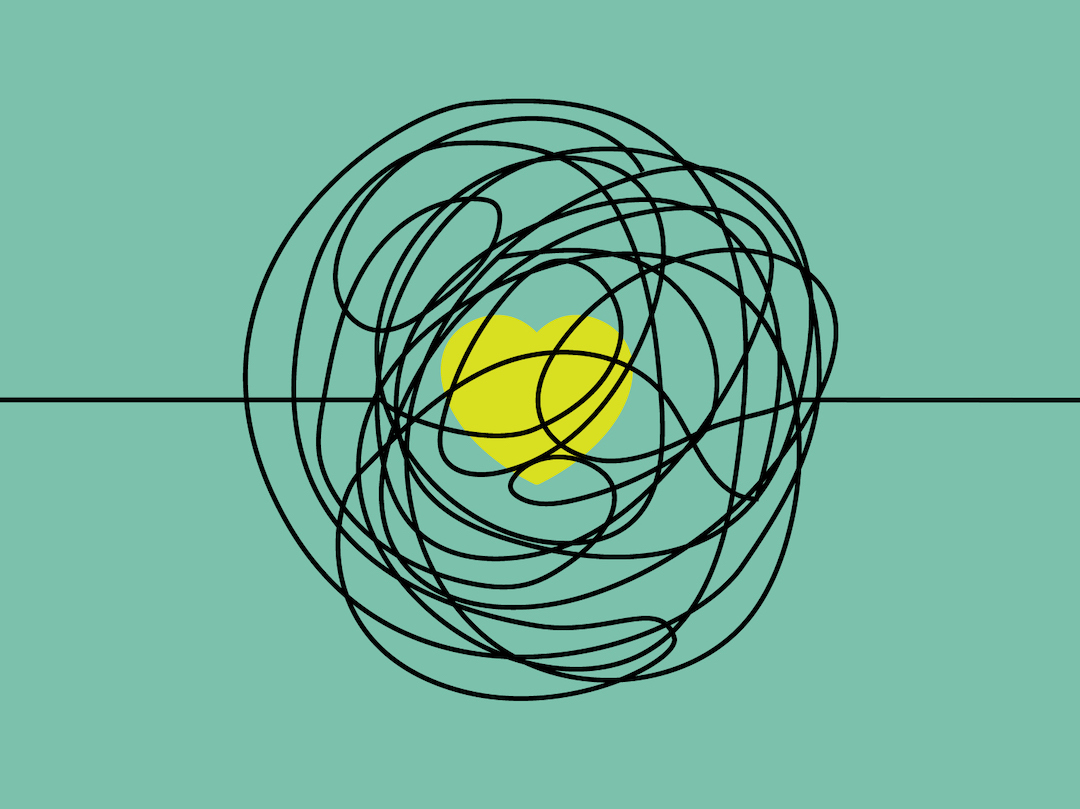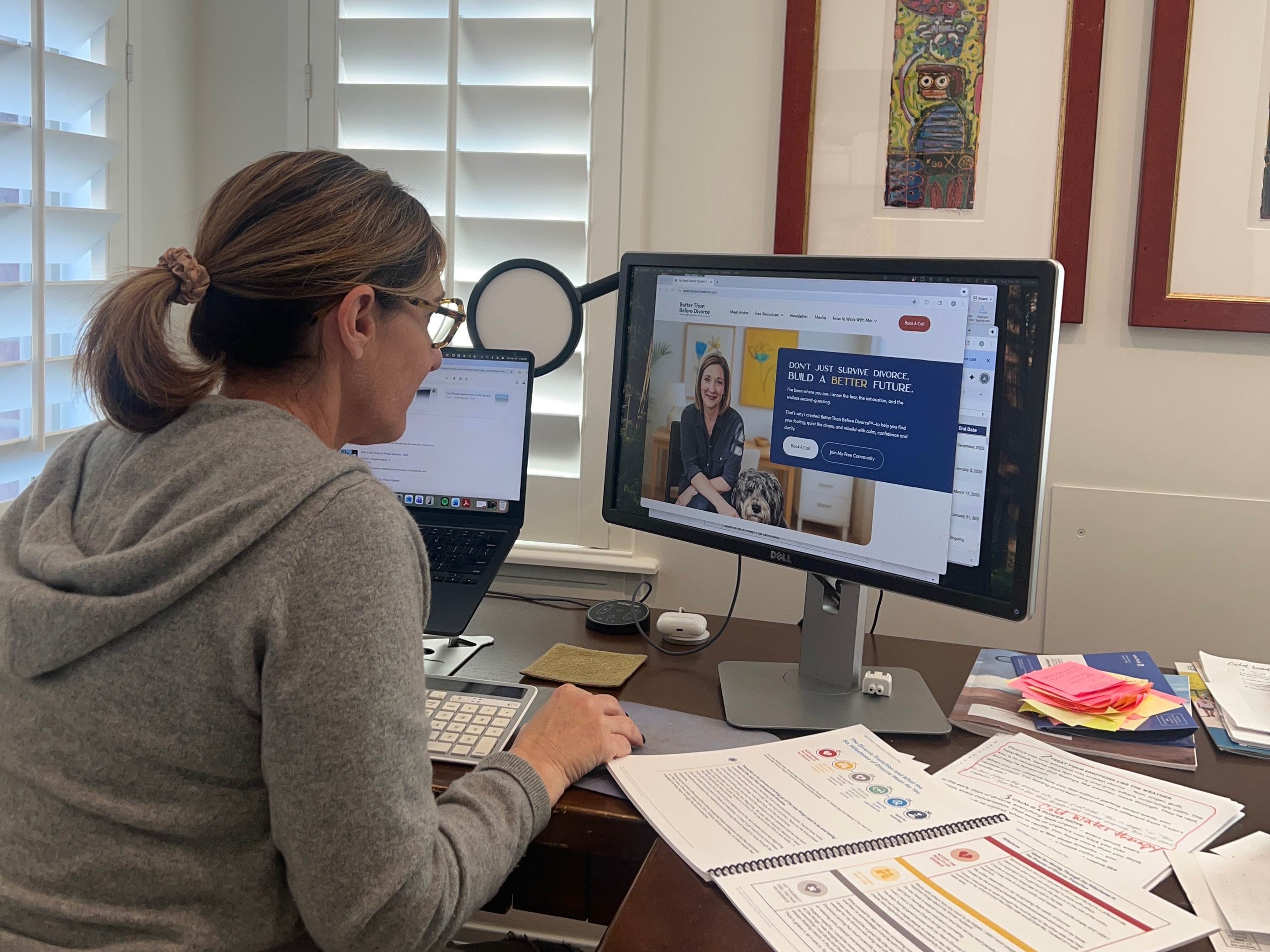Divorced But Not Separated
I’m in a Facebook group for divorced women 40+, and one of the most common threads of discussion involves the emotional rollercoaster so many of us experienc...

I’m in a Facebook group for divorced women 40+, and one of the most common threads of discussion involves the emotional rollercoaster so many of us experience as we work to adjust to this new reality. Of course, this is different for each person. I have a client who made the decision to leave the marriage, and even though she knows it’s right, she is struggling with the impact her choice is having on her family, especially the teenage kids. Another client didn’t initially want the divorce, but now she’s excited about a future she would never have imagined. Others I know have a much harder time accepting divorce.
In his book, Transcending Divorce: Ten Essential Touchstones for Finding Hope and Healing Your Heart, Alan D. Woefelt says, “I have learned that we cannot go around the pain…Instead, we must journey all through it, sometimes shuffling along the less strenuous side paths, sometimes plowing directly into the dark center.” If you’re rolling your eyes and thinking this is not my style, hear me out. No one can make you move on. But as the saying goes, “How’s that working out for you?” Is it serving you to hold onto what you feel could or should be reality?
I know how overwhelming it is to start again, to have to revisit the idea of what I thought life would be and accept that this new path was not the one I would have chosen. Letting go of the dream I had of my life and family as I had envisioned it, was one of the most painful parts of divorce for me.
I describe this limbo as divorced but not separated: the official dissolution of the marriage has taken place, but emotionally you are still hanging on and hoping it’s not real. Unfortunately, acceptance is ultimately the only way this will shift, and while you can’t force it, simply opening your mind to progress is a great start.
Here’s where I ultimately found success:
- I realized I had been through other hard things in my life and made it (and btw, I know you have too). The strengths that got me through those challenges may have been dormant, but they were still there. I decided I could do this, even if it wasn’t pretty (and let me be clear, it wasn’t).
- I went into the pain, like Woefelt suggests. I think it’s like parenting: you know the different stages of growth are going to be difficult and come with their own challenges, but we don’t get to skip toddler tantrums and go straight to t-ball, no matter how much we’d like to. We must find a way through – not around. Time and again I’ve seen that this is where transformation happens – in those messy, unpredictable and unscripted moments when we simply do more than we originally thought we could.
- I asked for help. This wasn’t easy for me, but it was necessary. When everything hurt, I found comfort in knowing that my closest friends and family had my back and believed in me. It gave me strength.
If any of this is resonating with you, and you feel like you might be hanging on to what was, maybe because you’re afraid of what’s next, try asking yourself what you need to let go of so you can transition? Here are a few things I hear often:
The dream of a lifelong marriageStatusWhat we could have hadCertaintyUnmet expectationsFairnessDisappointmentRelatednessBlaming – anger – resentmentAutonomyUnrealized dreamsBeing in controlBeing a victimGuilt and/or shame
Can you journal about what is holding you back, and what’s motivating you?
The most important question is this: what will acceptance look like for YOU? It will probably look different for you than it does for your ex or other friends who’ve gone through divorce. There isn’t a correct path for this journey.
Finally, I hope you will be kind to yourself as you find your new normal. What would you say to your best friend if she were in this situation?
Sending love and strength as you navigate this process and move toward the amazing future you deserve.





